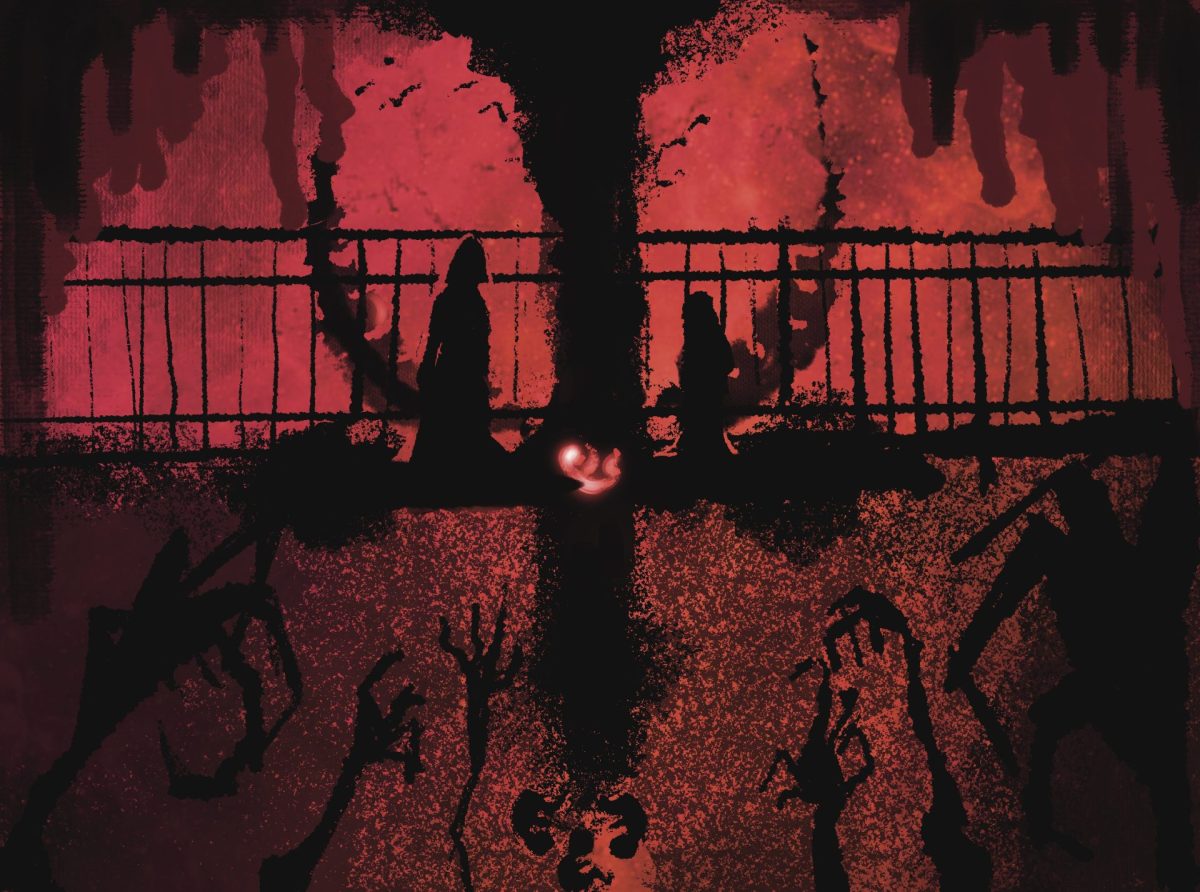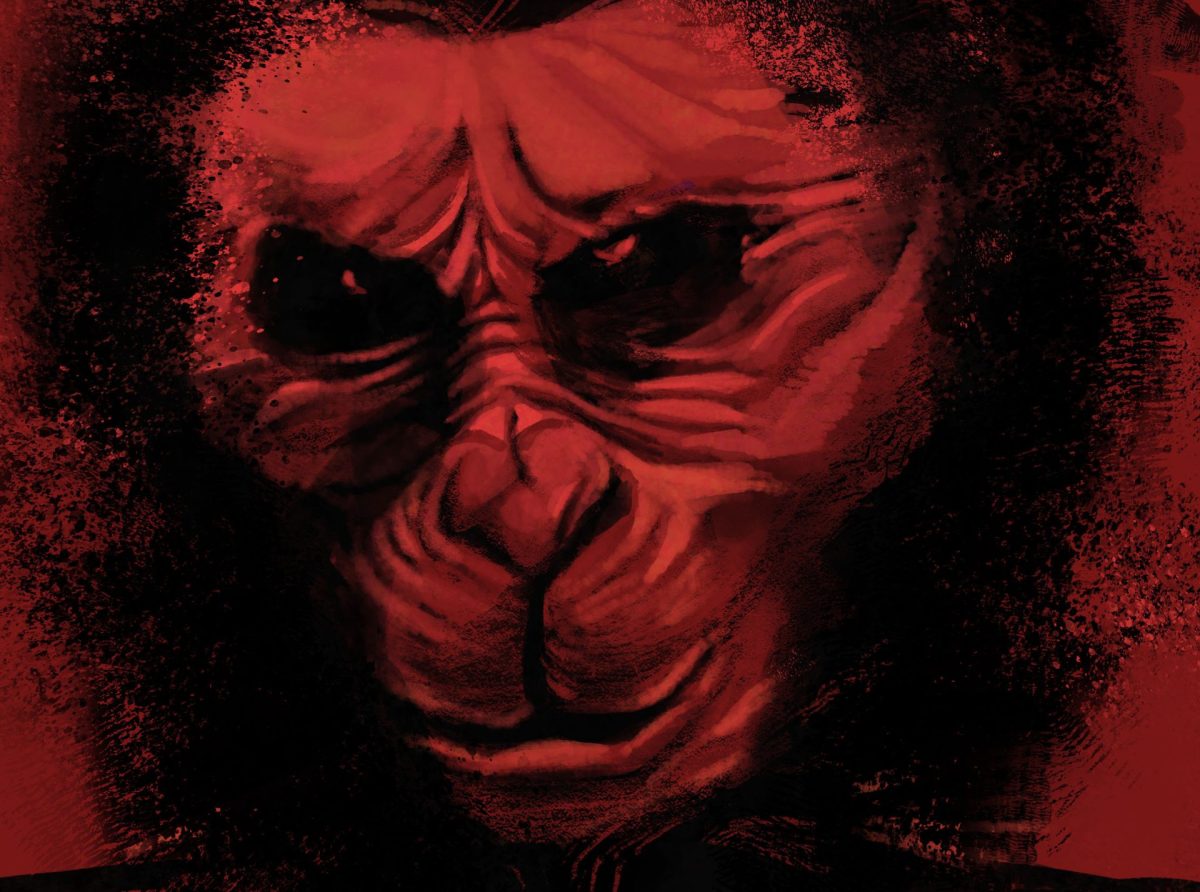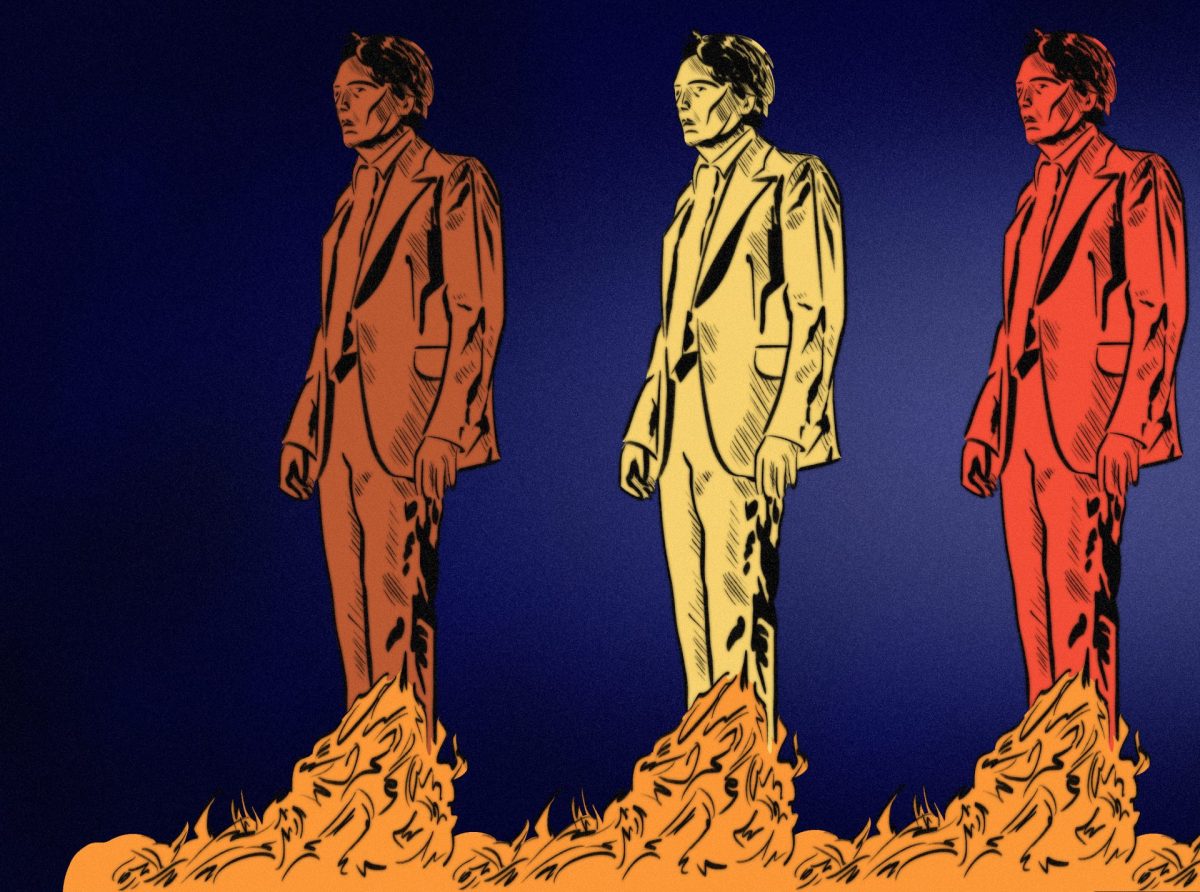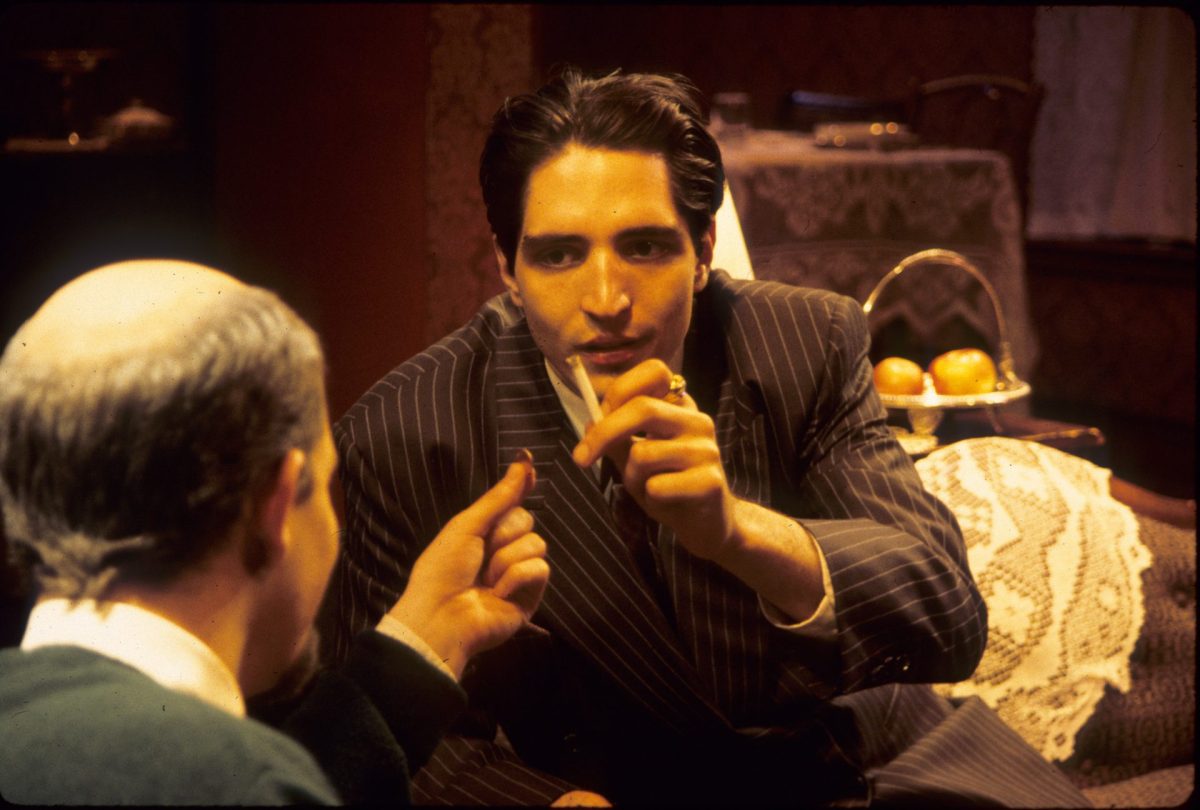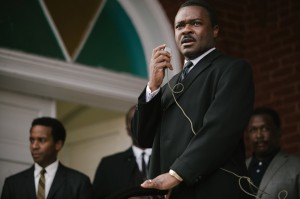
“Selma,” starring David Oyelowo as Martin Luther King Jr., depicts the true story of the 1965 voting rights marches in Selma, Ala., led by Dr. King. The DePaulia sat down to interview Oyelowo and director Ava DuVernay to discuss how the 1960s drama is as important today as it was half a century ago.
David, you’ve been attached to this script from the beginning, how long did it take you to get this film made?
David Oyelowo: Seven years, it had been on the blacklist for quite sometime. Directors just kept dropping in and out of the project.
What is it that made you stay with the project for so long?
David Oyelowo: Well first thing, it’s kind of ridiculous isn’t it, that a film centered around Dr. King would take this long to get made. He’s arguably the most important figure of the 20th century; certainly the only one that has a holiday named after him, and this is the first film that actually captures the man on screen. Another reason being, I hugely admire the man. Unfortunately, it’s not everyday that black protagonists and black figures that were leaders are portrayed on screen, as opposed to those that were servants or the subjugated characters—not that they’re any less important. We just need the full gamut and to contextualize the black experience in this country. That’s why I was desperate to see this film made.
Ava, when capturing the life of a public figure and icon as famous as Dr. King, many films try and cover their whole life or their most well known moments of history. Yet this film only covers King’s three months in Selma, Alabama. What made you choose to go that route?
Ava DuVernay: There’s no doubt Dr. King lived a big life, a short one, yet a big one. From the Montgomery bus boycotts, to his “I Have a Dream” speech in Washington. It was very episodic. But we focused on Selma, because it was a time that was very cumulative for him. Everything that he was and everything that he stood for came to a head at Selma. For the first time, people began dying under his watch. You have struggles in his marriage during these three months. You can only go so deep with a two hour film, and his months in Selma gave us a good synopsis of who exactly this man was, so that’s what we tried to do.
How did you choose what songs you were going to put in the film?
Ava DuVernay: Well the music in all my films is something I pay a strong attention to. It’s a great filmmaking tool. For some filmmakers it’s not as big of a deal, but for me it’s how I write my films. There’s this song at the end of film that plays over the archival footage that I wrote the rewrite of “Selma” to. I also tried to emphasize the time period of the film by using songs from the 60’s, but I refused to use any hits. I wanted the b-tracks, the songs people wouldn’t recognize. And then Common, who’s also in the film, called me one night and asked if he and John Legend could write a song for the film, and we all know you can’t turn that opportunity down. So they wrote this beautiful song ‘Glory’, which you hear at the end credits of the film.
David, you previously starred in “Lee Daniel’s The Butler,” which also takes place in 1960’s America. Yet in contrast to Dr. King’s peaceful protests, you play a member of the Black Panther Party. What did you learn playing these two extremely different characters that ultimately were trying to tackle the same issue?
David Oyelowo: Well that’s exactly one of the things I learned about while doing ‘The Butler’. Even though there was a clear consensus that there were injustices going on in this country, since slavery up through till now; many people don’t acknowledge that there were different opinions within the black community on how to tackle these problems. You had Malcolm X on a more violent side and then Martin Luther King with a more peaceful approach. There was the older generation and the new generation. The older, who grew up with public lynching; a generation whose parents were once slaves. The newer generation didn’t have as much of that, so they were less tolerant to the injustice happening around them. What “The Butler” taught me for “Selma”, was that there were different levels and layers to the approaches of this common problem, and you see that in our film.
In turns of what’s happened in Ferguson and the recent grand jury decision of the Eric Garner’s death, the timing of this film’s release is quite significant, don’t you think?
David Oyelowo: Absolutely. For us, it’s become quite interesting how our thoughts both in relation to the film and in relation to race in this country, has shifted from before we started shooting the film, to right now. When making the film, we wanted to make sure that 1965 didn’t feel so distant in the past; we wanted to make sure this time in history was immediate and vibrant. We finished shooting in July, and then on August 9th, Mike Brown’s shot. Now Ava and I are looking at images of brutality and protests and were thinking, ‘didn’t we just shoot a scene exactly like this?’
And then, in the last 24 hours, we have the Eric Garner case, which now flies in the face of what the strategy was employed in Selma. This strategy of getting the cameras, having these people act out in their racist tendency and using the footage to group the nation into action. Well, we have the footage of Eric Garner being subjected to what he was subjected to, and we see the someone who did that, not even be indicted, let alone convicted. It shows us that we are in a continuum, and we need new strategies because the forces of injustice are just morphing. And therefore we have to do the same.
“Selma” comes to theaters Jan. 9, 2015.


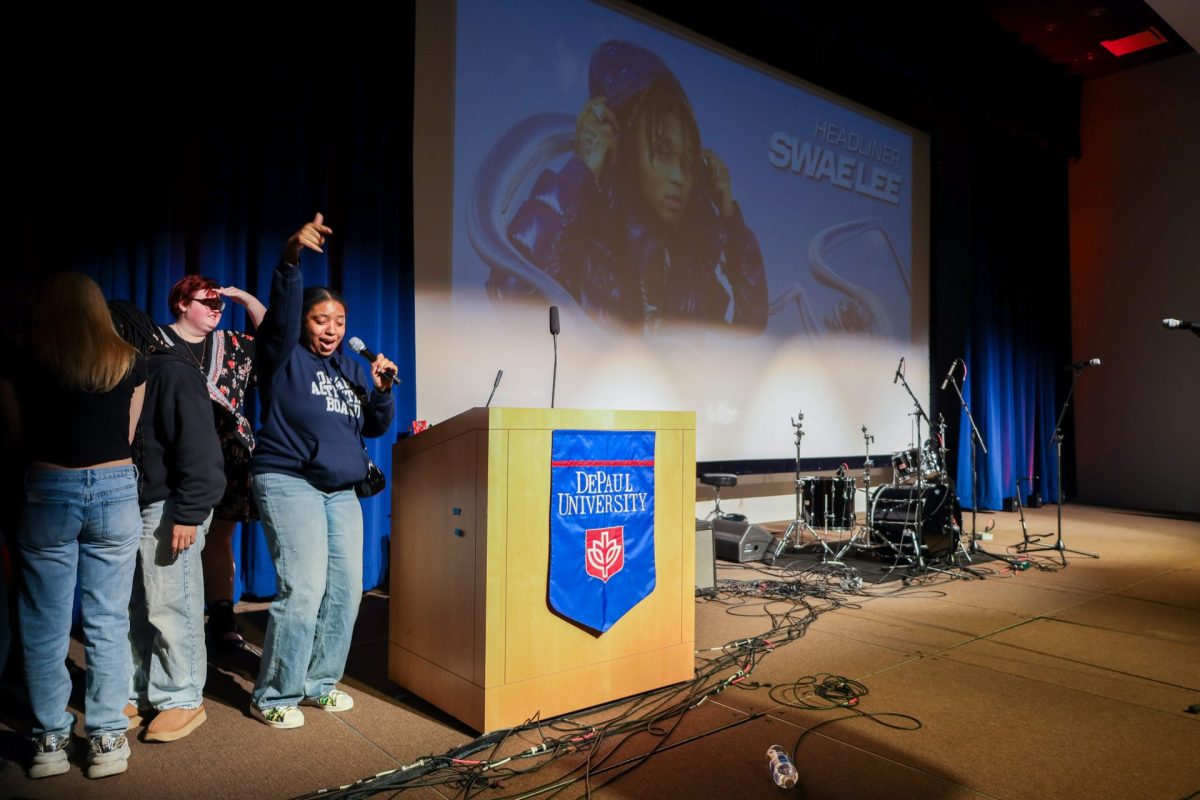
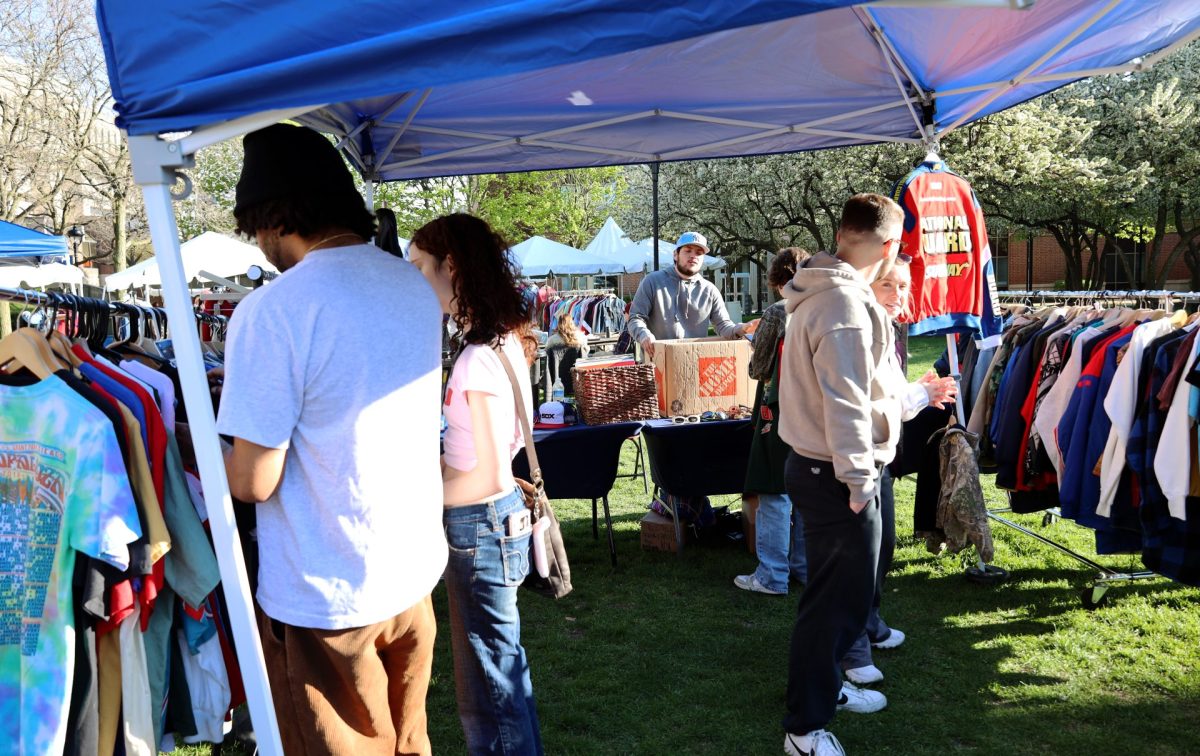

![DePaul sophomore Greta Atilano helps a young Pretty Cool Ice Cream customer pick out an ice cream flavor on Friday, April 19, 2024. Its the perfect job for a college student,” Atilano said. “I started working here my freshman year. I always try to work for small businesses [and] putting back into the community. Of course, interacting with kids is a lot of fun too.](https://depauliaonline.com/wp-content/uploads/2024/04/ONLINE_1-IceCream-1200x800.jpg)

